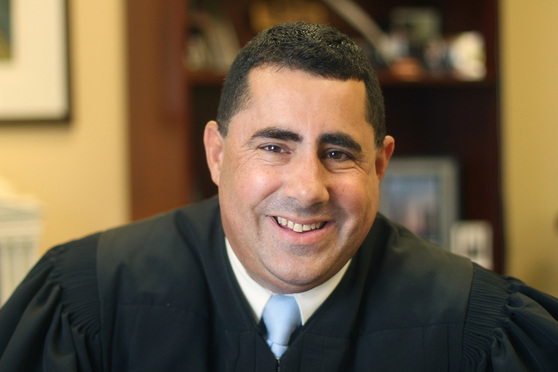Innovating Criminal Defense: Stephen Millan’s Predictions for the Legal Landscape
Innovating Criminal Defense: Stephen Millan’s Predictions for the Legal Landscape
Blog Article
The field of criminal protection is constantly evolving, and nobody understands this a lot better than Stephen Millan. As an skilled lawyer with a forward-thinking approach, Stephen Millan MIAMI has developed a unique perception on the continuing future of criminal defense. With changes in engineering, appropriate methods, and societal expectations, the landscape of offender legislation is undergoing a change, and Millan envisions a future where development, equity, and performance take middle stage in defense strategies.

Adopting Engineering in Offender Security
One of the most substantial changes Millan anticipates could be the increasing position of engineering in criminal defense. From synthetic intelligence (AI) and knowledge analytics to developments in forensic science, technology is revolutionizing just how instances are organized and argued. Millan anticipates that as time goes on, AI resources is going to be integral to situation planning, supporting security attorneys sift through big amounts of evidence, find habits, and recognize weaknesses in the prosecution's event more efficiently.
Electronic systems will even improve conversation between customers and attorneys, which makes it simpler for defendants to stay knowledgeable and connected. The utilization of virtual courtrooms and electronic evidence presentation, specially accelerated by the COVID-19 pandemic, is anything Millan wants to keep rising, giving more accessible and efficient ways to perform trials.
A Focus on Offender Justice Reform
Millan can be profoundly committed to offender justice reform, a cause that he believes can form the future of offender defense. He envisions a future where in actuality the justice program prioritizes rehabilitation over punitive steps, especially for non-violent offenders. With growing public consciousness about bulk incarceration and its societal impacts, Millan sees an chance for protection attorneys to enjoy a vital position in driving for more humane sentencing procedures and solutions to jail time, such as for example community-based programs and restorative justice practices.
More over, Millan envisions something where racial and socioeconomic biases are addressed more effectively. He believes that as more data is gathered on disparities in sentencing and arrests, there will be a better drive for equity in the legitimate process, leading to changes in how criminal defense is practiced and how plans are enforced.
The Rise of Collaborative Safety Teams
As time goes by, Millan foresees the increase of collaborative safety groups composed of not only attorneys but in addition specialists in areas like psychology, forensic science, and social work. These clubs will come together to handle the difficulties of each event, giving more extensive and holistic defense strategies. By leveraging the experience of numerous specialists, the defense could possibly offer more well-rounded arguments, problem the prosecution's evidence more successfully, and fundamentally improve outcomes for clients.
This process aligns with Millan's opinion that criminal protection should not be described as a solitary endeavor. Alternatively, security attorneys works alongside specialists to make sure that every aspect of the situation is extensively examined and every possible safety avenue is explored.

Training the Community on Offender Law
Another critical section of Stephen Millan's perspective for future years is training the public about their rights and the criminal justice system. He envisions a future wherever individuals are better prepared to comprehend the appropriate operations they may encounter. As criminal defense lawyers like Millan keep on to improve recognition about problems like wrongful convictions, bail reform, and the significance of legal representation, Millan thinks that people can are more aggressive in seeking justice and more aware of the resources available to them. Report this page